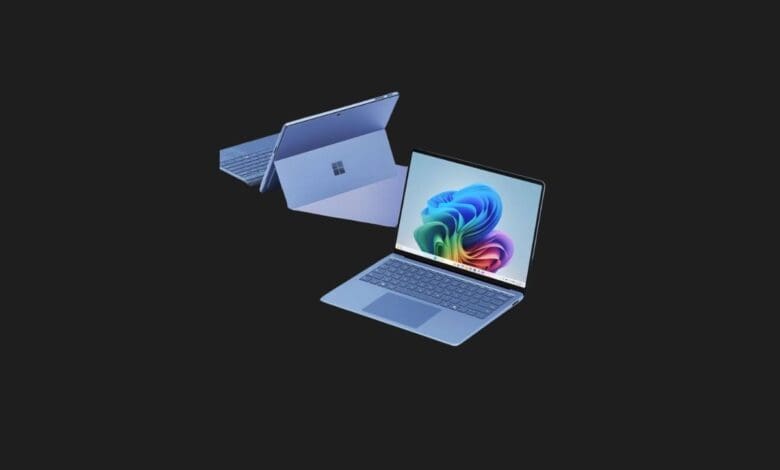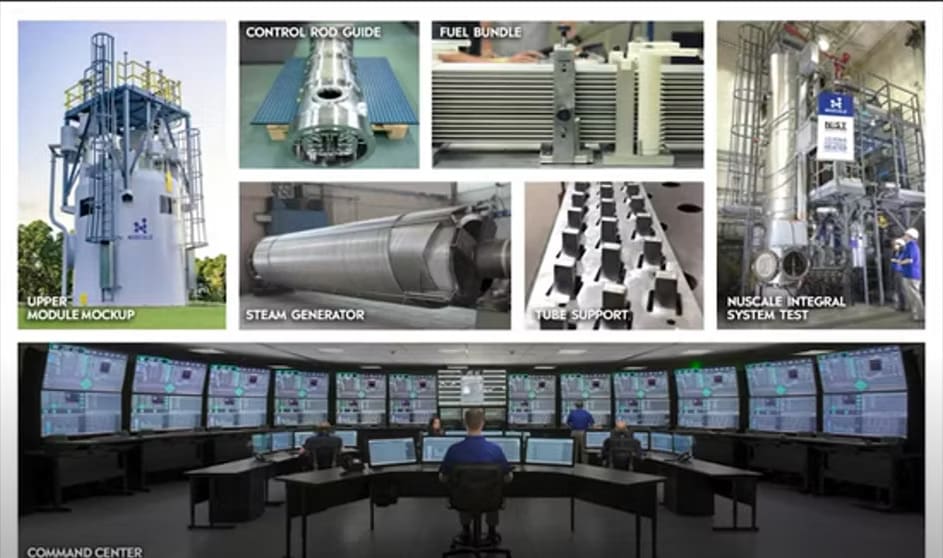Microsoft and Google Explore Mini Nuclear Reactors for AI

Small Modular Reactor (SMR) technology could be the key to providing the energy needed for the AI advancements of companies like Google and Microsoft.
While it’s enjoyable to use artificial intelligence technology from the comfort of our homes—inputting a few commands to generate visuals—these tools require a significant amount of energy. In fact, an average AI-powered search consumes ten times more energy than a traditional search.
As companies like Apple, Alphabet, Meta, and Microsoft aim for carbon neutrality by 2030, there are two main paths forward: either artificial intelligence will need to become more energy-efficient, or the energy supply for AI must increase. Tech giants seem to favor the latter, turning their focus towards nuclear energy solutions like SMRs.
Portable reactors are the new favorite of the technology world

Small nuclear reactors are significantly cheaper than traditional reactors, being just 1/20th the size of standard models. Moreover, unlike conventional facilities, these reactors are portable, allowing them to be relocated as needed. This mobility makes it possible to position a nuclear reactor closer to where server infrastructure is housed.
Microsoft has appointed Dr. Erin Handerson as the Director of Nuclear Development Acceleration and Todd Noe as the Director of Nuclear and Energy Innovations, both of whom previously worked at the Tennessee Valley Authority, which operates across seven U.S. states.
Additionally, Microsoft, Google, and Nucor have agreed to collaborate by sharing their findings and resources in this field, accelerating their efforts in small nuclear reactor development and implementation.











